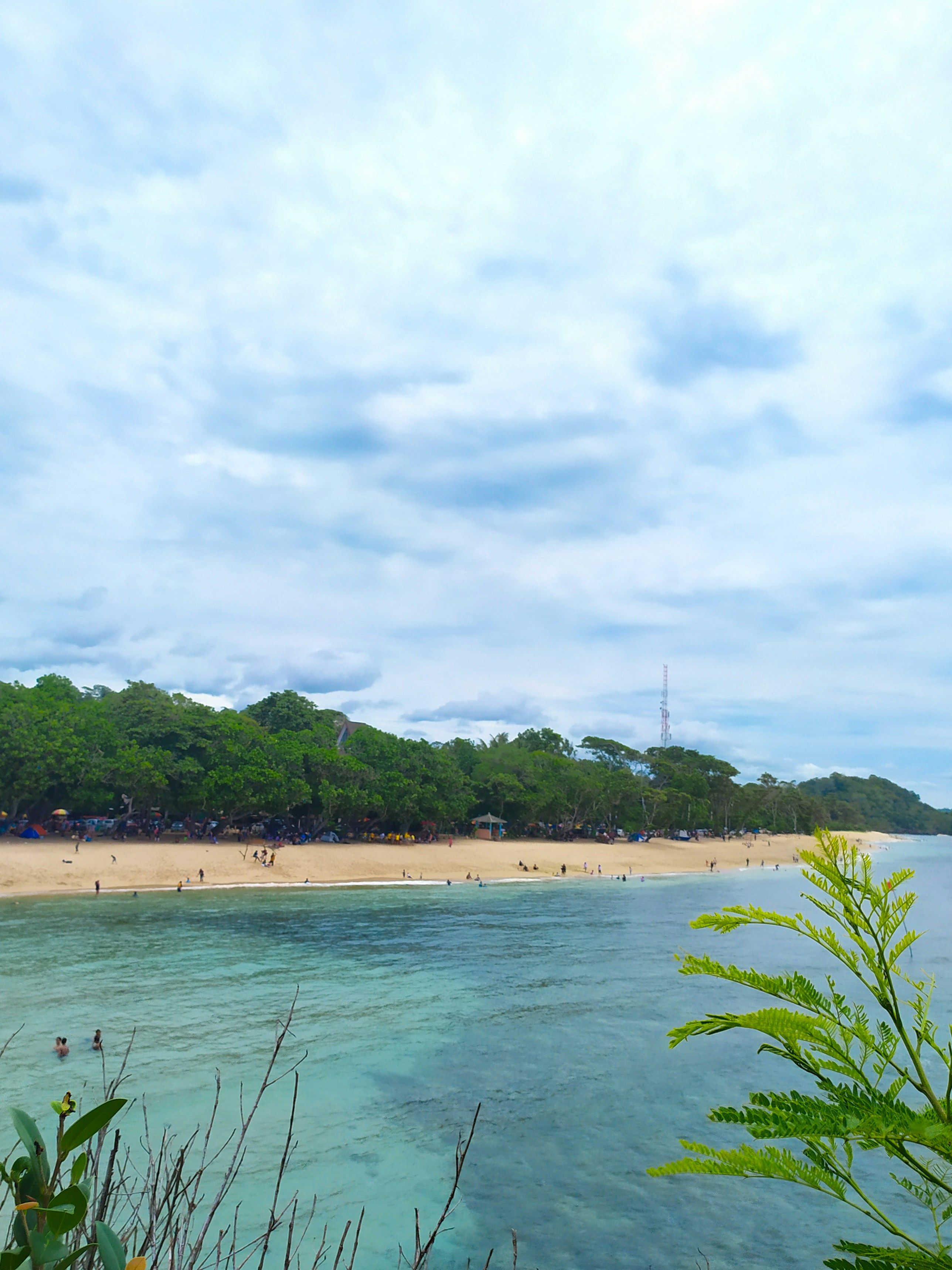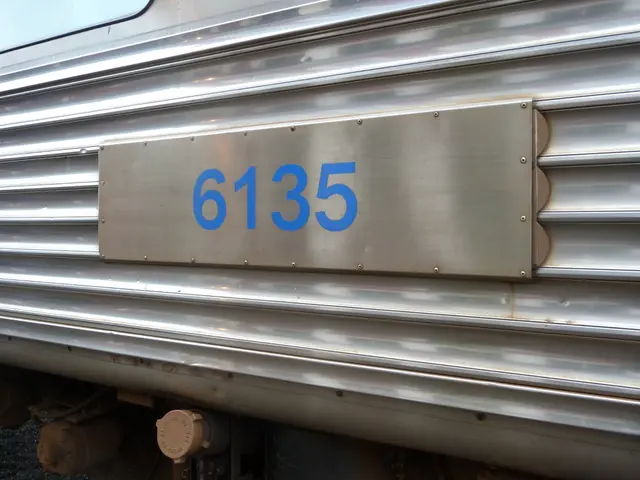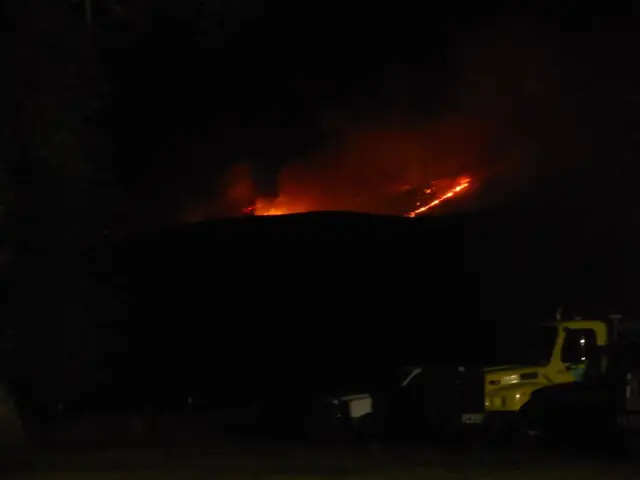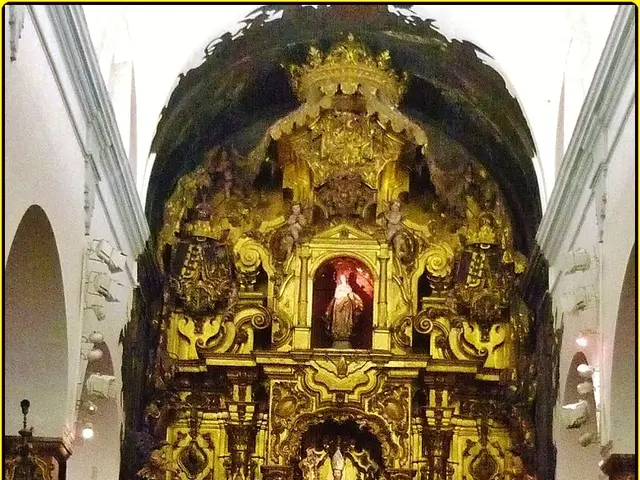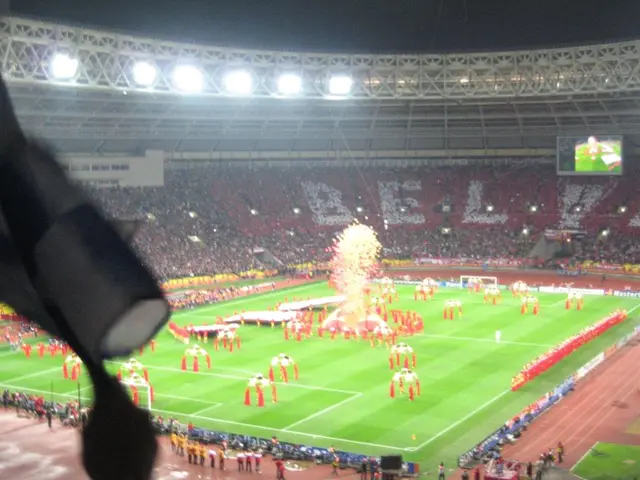French Rafales Could Potentially Enter Eastern Europe with Nuke Capabilities, Sparking Kremlin Concern
Rumors of Equipping Rafale Fighters with Nuclear Arms
By Xavier Martinage // Published on , updated on
- Copy link Link copied
The Kremlin is rattled following Emmanuel Macron's shock announcement about nuclear-capable Rafale planes in Eastern Europe. On Tuesday, May 13, during his major speech on TF1, France's President didn't shy away from discussing the matter: "We're ready to open this conversation, and I'll define the framework in the coming weeks and months."
The Kremlin's response was calculated and immediate. Dmitri Peskov, the Kremlin spokesman, expressed concern over France's intentions, stating that such a deployment would not bring "predictability and stability to the European continent". Nevertheless, Russia supports the creation of a "strategic security architecture in Europe", but this will require "important efforts" from all parties involved, according to Peskov.
The Rafale's Role in the Geopolitical Tug-of-War
As the war between Russia and Ukraine grinds on, the nuclear issue takes center stage. In late April 2025, French Rafale planes were deployed in Sweden for military maneuvers. Known as the Pégase 25 mission, the exercises aimed at practicing rapid deployment of fighters and enhancing collaboration with allies in Northern Europe.
Although the nuclear character of the mission has not been officially confirmed, the deployment shows a strategic posture that implies nuclear deterrence capabilities. This move is in sync with France's efforts to project power and maintain a strong deterrent in response to security concerns arising from Russia's aggression in Ukraine and the shifting European landscape.
In addition to this, France plans to establish a fourth nuclear-capable airbase at Luxeuil in eastern France, designed to house the latest Rafale F5 standard jets equipped with the ASN4G missile - a next-generation hypersonic nuclear standoff weapon. This development will strengthen France's nuclear infrastructure on the continent, boosting rapid response and deterrence credibility within Europe.
A Fresh Era of Deterrence - Emmanuel Macron's Vision
President Emmanuel Macron has suggested deploying French nuclear weapons on European soil, breaking away from France's traditional stance of national-only deterrence post-Cold War. This proposal is part of a push for a more assertive European defense posture, responding to Russia's invasion of Ukraine and challenges within the transatlantic alliance.
This policy shift aims to increase deterrence credibility by extending France's "force de frappe" — its nuclear strike capability — across Europe, albeit at the expense of the complex political, legal, and escalation risks associated with it. Despite France's commitment to maintaining a world-class nuclear arsenal, the exact nature and scope of these plans remain uncertain at the moment.
As tensions ebb and flow in the ever-evolving Eastern European security landscape, France's renewed nuclear posture and deployments send a strong message of deterrence to Russia. It remains to be seen how Moscow will respond to these developments, given the heightened politico-military rivalry prevailing in the region. The outcome of this strategic competition, if left unresolved, has the potential to reshape the future of European security for years to come.
Sources and Further Reading
- Opinion: France's Pégase 25 exercise hints at nuclear messaging
- Nuclear deterrence: member states exchange views
- France deploys nuclear-capable Rafale jets to Sweden
- Paris weighs broader European delivery for nuclear deterrent
- France to enhance nuclear capabilities with new Luxeuil airbase
- France's nuclear weapons: Arsenal, modernization, and strategies
The escalating tensions in Eastern Europe, with France's nuclear-capable Rafale planes potentially entering the region, could have significant implications for both political and military affairs, particularly in terms of policy-and-legislation and general-news. This development may fuel debates about business interests and war-and-conflicts, as well as the broader geopolitical implications of France's strategic posture. Additionally, this situation highlights the ongoing importance of negotiations between nations and the role of politics in shaping Europe's security landscape.
